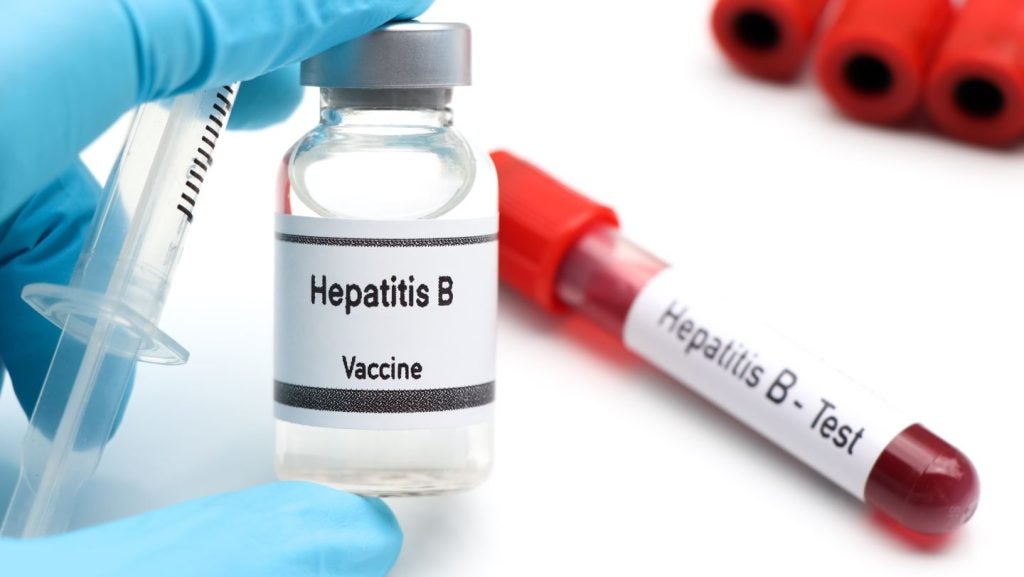
As Arena International’s Clinical Operations in Oncology Trials West Coast conference gets underway this week in Burlingame, California, Clinical Trials Arena will shine a spotlight on the oncology space. With progress in the fight against cancer being made every day, significant hurdles remain before a cure is found. Therefore, throughout the week, CTA will explore the complex world of oncology.
Be sure to visit CTA later today when Julie Martin of Scimega Research Inc., explains key success factors when exploring a rescue strategy for oncology clinical trials. On Tuesday, Jennifer Brandl from Portola Phamaceuticals highlights the importance of quality sample management in the development of immunotherapies.
Later in the week, Howard Fingert from Takeda Pharmaceuticals explains how clinical operations can lay the foundations for both quality and value in the conduct of clinical trials. Meanwhile, Robert Greene, Founder and President of the HungerNdThirst Foundation, continues his series delving into patient-centric clinical trials. In his latest instalment, he’ll explore how trials can be made more ‘personal.’ So as you can tell, a wide range of issues will be given the spotlight on CTA this week, so don’t miss out!
But first, catch up on some of CTA’s most recent stories delving into the current issues and concerns surrounding oncology trials… (click on the headline to finish reading).
The Secrets to Success in Oncology Trials
Experience matters in clinical trials. Clinical research is a highly-regulated industry with myriad codes and guidances, and it can be dangerous if you ‘don’t know what you don’t know.’ Oncology as a therapeutic area is no different than many others: it has developed its own set of indication-specific processes and procedures, and experience in these intricacies should have a strong bearing on your choice of contract research organization (CRO).
Though some of these may not be unique to oncology, and can overlap with other therapeutic areas, they are key aspects to success in oncology, and touch on many outsourcing cost drivers (e.g. patients, sites, timeline). I endeavor to share some key lessons from my last decade of oncology trials from both the CRO and sponsor side. Hopefully these will pique your curiosity and prepare you for your next oncology outsourcing relationship.
How well do you really know your competitors?
Access the most comprehensive Company Profiles on the market, powered by GlobalData. Save hours of research. Gain competitive edge.

Thank you!
Your download email will arrive shortly
Not ready to buy yet? Download a free sample
We are confident about the unique quality of our Company Profiles. However, we want you to make the most beneficial decision for your business, so we offer a free sample that you can download by submitting the below form
By GlobalDataThe Future of Global Oncology Trials
It has been estimated that there are roughly 800 cancer treatments currently undergoing clinical trials or awaiting FDA approval. The sheer number of clinical trials has caused excessive levels of competition between pharmaceutical and biotech companies.
Oncology trials have shown to be very difficult as only 1-3 percent of cancer patients end up enrolling in clinical trials, and as a result it is estimated that 80 percent of clinical studies do not close on time. By studying overall cancer trends, we are able to better pinpoint particular geographical locations which then allow us to focus on a precise group of potential participants.
Unlocking the Potential of Risk-Based Monitoring in Oncology Clinical Trials
The purpose of trial monitoring is to ensure the rights and wellbeing of human subjects are protected, and the reported trial data are accurate, complete and verifiable from all source documents. To achieve this purpose, the monitor has nearly 20 tasks (as defined by ICH E6 GCP1), including but not limited to source data verification (SDV). For decades, 100 percent SDV was deemed by pharma as the most effective procedure for achieving high quality data, despite the fact this practice was neither requested by the regulators (and/or applicable guidelines) nor proving effective.
Developing Precision Medicine Therapies: A Specimen-Centric Perspective
Precision medicine is a rapidly evolving field in which physicians may use diagnostic tests to identify specific biological markers, often genetic, in an effort to help determine which treatment may be most effective for each individual patient. Precision medicine includes a reactive approach to disease treatment, but an emphasis on the use of biomarkers in preventive measures and early intervention, is possible for diagnostics that measure disease risk before the onset of clinical manifestation.






